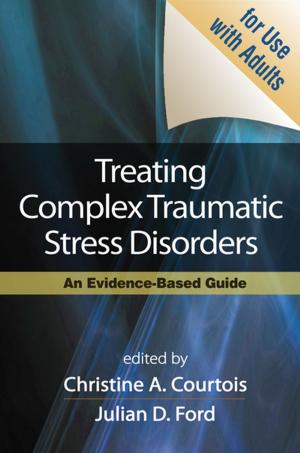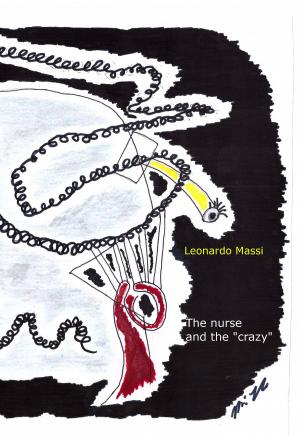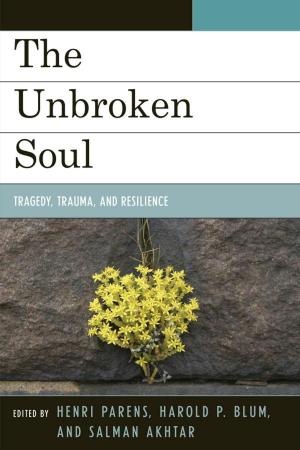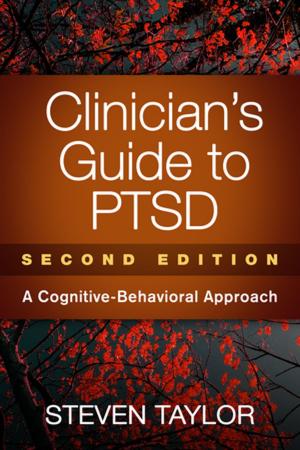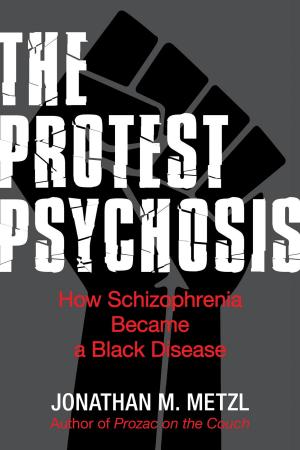Identifying and Recovering from Psychological Trauma
A Psychiatrist's Guide for Victims of Childhood Abuse, Spousal Battery, and Political Terrorism
Nonfiction, Health & Well Being, Psychology, Mental Illness| Author: | Brian Trappler | ISBN: | 9781884092251 |
| Publisher: | Richard Altschuler & Associates, Inc. | Publication: | April 4, 2012 |
| Imprint: | Gordian Knot Books | Language: | English |
| Author: | Brian Trappler |
| ISBN: | 9781884092251 |
| Publisher: | Richard Altschuler & Associates, Inc. |
| Publication: | April 4, 2012 |
| Imprint: | Gordian Knot Books |
| Language: | English |
In this invaluable resource, psychiatrist Brian Trappler explains how victims of childhood abuse, spousal battery, and political terrorism can identify and recover from post-traumatic strress disorder and other forms of psychological trauma. Drawing on his extensive experience treating patients with psychological trauma, Dr. Trappler leads the reader through a hierarchy of stress responses. While the most common symptoms are usually benign, Dr. Trappler identifies a progressive hierarchy in the order of seriousness and morbidity. Each type of trauma has unique symptoms and a distinctive impact on the survivor's quality of life and social behavior. If you are or have been a victim of trauma, you may benefit from a variety of treatment modalities. They can range from simple, empathetic, ccommunal bonding behaviors to more formal strategies that require complex recovery techniques. Dr. Trappler guides you through the process of analyzing symptoms, deciding at what point to seek medical care, and choosing between the various treatment options, including individual and group psychotherapies, meditation, and drug therapies. Questions addressed in the book include: What is psychological trauma? Is post-traumatic stress disorder (PTSD) a unique type of trauma? Can I be a victim of trauma and not know it? What are the symptoms of trauma? Are there special methods for trauma recovery? In this book victims of childhood abuse, spousal battery, and political terrorism, regardless of gender, age, or ethnic background, will find the answers to the most important questions about psychological trauma.
In this invaluable resource, psychiatrist Brian Trappler explains how victims of childhood abuse, spousal battery, and political terrorism can identify and recover from post-traumatic strress disorder and other forms of psychological trauma. Drawing on his extensive experience treating patients with psychological trauma, Dr. Trappler leads the reader through a hierarchy of stress responses. While the most common symptoms are usually benign, Dr. Trappler identifies a progressive hierarchy in the order of seriousness and morbidity. Each type of trauma has unique symptoms and a distinctive impact on the survivor's quality of life and social behavior. If you are or have been a victim of trauma, you may benefit from a variety of treatment modalities. They can range from simple, empathetic, ccommunal bonding behaviors to more formal strategies that require complex recovery techniques. Dr. Trappler guides you through the process of analyzing symptoms, deciding at what point to seek medical care, and choosing between the various treatment options, including individual and group psychotherapies, meditation, and drug therapies. Questions addressed in the book include: What is psychological trauma? Is post-traumatic stress disorder (PTSD) a unique type of trauma? Can I be a victim of trauma and not know it? What are the symptoms of trauma? Are there special methods for trauma recovery? In this book victims of childhood abuse, spousal battery, and political terrorism, regardless of gender, age, or ethnic background, will find the answers to the most important questions about psychological trauma.





